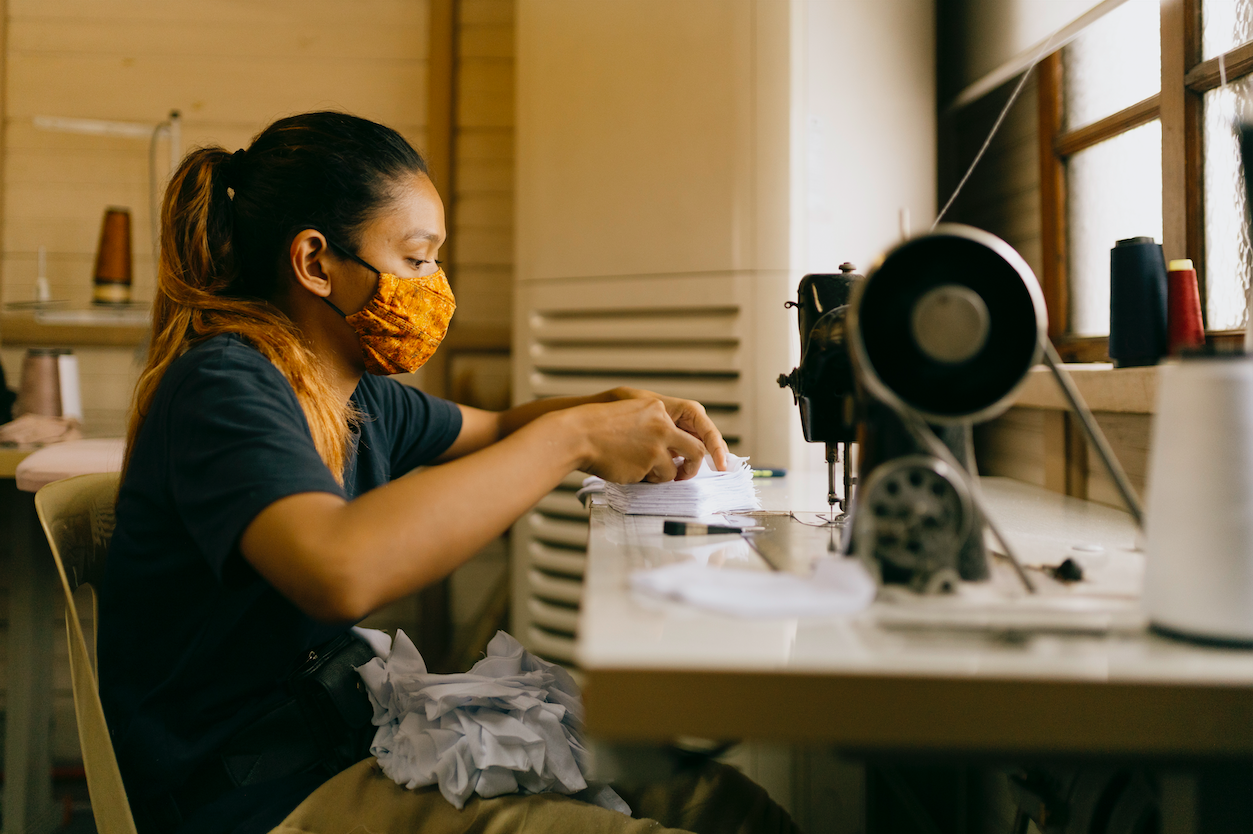It all began with a small group of artisans—mostly mothers—14 years ago in Payatas, Quezon City. Now, Rags2Riches has helped 200 artisans across eight communities to uplift their lives.
"It feels like Rags2Riches (R2R) started such a long time ago," R2R co-founder and president Reese Fernandez Ruiz says as she opens up her conversation with Tatler. "And yet it still feels like there is still so much to be done!"
When Ruiz and her friends started this fashion and design house focusing on empowering community artisans about 14 years ago, its mission was to cut the middleman in the vicious business cycle among weavers and sellers of foot rugs made of scrap fabrics. With this, the artisans (mostly mothers struggling to make ends meet for their families) were allowed to earn more and hone their raw talent and skills. Eventually, R2R proved that style and sustainability could coexist via eco-ethical fashion and home accessories out of upcycled, overstock cloth and indigenous fabrics. Now, the artisans across eight communities of R2R include men and women of varying ages. R2R provides training for the artisans, which runs from three to six months before they are launched into the business program of the brand.

"Because of the lack of access, they were sandwiched between long chains of middlemen, which resulted in unaffordable raw materials and severely undervalued prices that the artisans had no choice but to accept," Ruiz recalls. "Back then, even when the artisans worked the entire day and weaved, say 10 rugs a day, she'll only get 12 to 16 pesos for the whole day's work. The scandalously unfair situation we encountered back then made us (the co-founders) decide to start R2R," she explains.
Ruiz's passion for social entrepreneurship might have sprung from many influential people in her life. For one, her mother, who inspired her to tap into her entrepreneurial spirit. Her husband, another co-founder of R2R, has been a big source of energy and inspiration for her. "Entrepreneurship is hard enough, but we decided to commit to a social mission on top of trying to sustain a business, so it was even more challenging," Ruiz shares. "I also have an amazing team of professionals and artisans who keep me inspired, grounded, and motivated."
Read also: Remembering Emily Campos and her Passion for Filipino Craftsmanship








